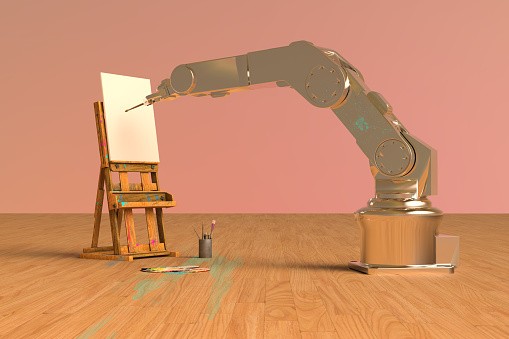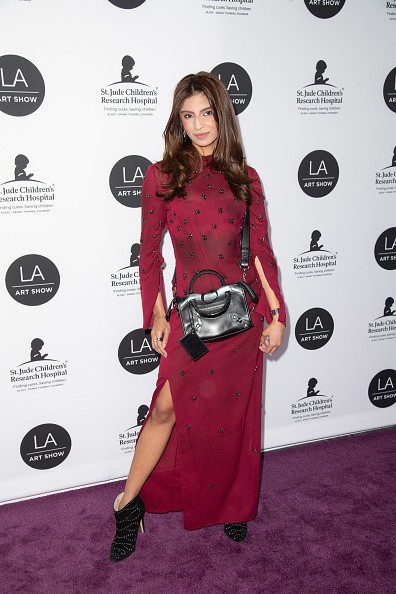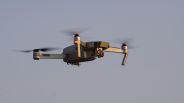AI can do a lot of things exceptionally well, but there is one thing that people are debating about: whether a machine can create actual art, like humans can.

Apparently, some believe AI art is possible, and they're pushing for machine-created artworks to be copyrighted as they would human artists. But that seems to be a tougher thing to pull off than expected.
A report by Engadget mentions how the US Copyright Office has denied an attempt to copyright an artwork made by an artificial intelligence. Titled "A Recent Entrance To Paradise," the artwork was created by a system called a Creativity Machine.
According to Dr. Stephen Thaler, who is one of the proponents of AI art, the "human authorship" requirement of art copyright law is unconstitutional. This is the second time he's appealing the request, after the machine has been denied back in 2019.
As expected, the copyright office doesn't share in Dr. Thaler's beliefs. To them, current copyright law only covers anything "founded in the creative powers of a human mind," meaning that copyrighted artwork "must be created by a human being." They also believe that a machine or mechanical process which lacks intervention or creative input from a human author cannot be considered an artist.
AI And Art: Can A Machine Really Be 'Creative?'
In a report by The Verge, Dr. Thaler shares his actual stand on the matter. He says that the push for copyrighting AI art is not for the reason of stopping people from infringing on it, but rather to help protect machine-created works.
Well, whatever his other reasons may be, Dr. Thaler is just one part of a niche movement that will have to endure years upon years of deliberation into whether machines can be considered "creative." But that doesn't mean that artificial intelligence isn't already making waves in the art industry in its own way.
How Machines Are Entering The Art Industry
In a Forbes report, artist and ARTSop art consulting founder/CEO Arushi Kapoor was asked about how technology is impacting art as a whole. She mentioned artificial intelligence and how it is perceived within the industry as of this moment, saying it is being received with "mixed feelings."

Kapoor states that she hasn't personally seen any extraordinary artwork created by AI, believing that such creative works will always require some form of human intervention. Furthermore, she claims that the likes of AI prints could "de-incentivize" human creativity if they continue to sell for massive amounts of money.
Another facet where AI has entered the industry isn't really on the creative side, but rather on the restorative side. Tech Times reported last year on an artificial intelligence program which helped recreate a "lost" Picasso painting. The painting, which is buried deep under layers of paint in the work titled "The Blind Man's Meal," has never seen the light of day since Picasso himself painted over it in 1903.
Whether machines will eventually be smart enough to create real art remains to be seen. But one cannot say that they've already made their impact on the creative industry in their own way.
This article is owned by Tech Times
Written by RJ Pierce
ⓒ 2025 TECHTIMES.com All rights reserved. Do not reproduce without permission.




